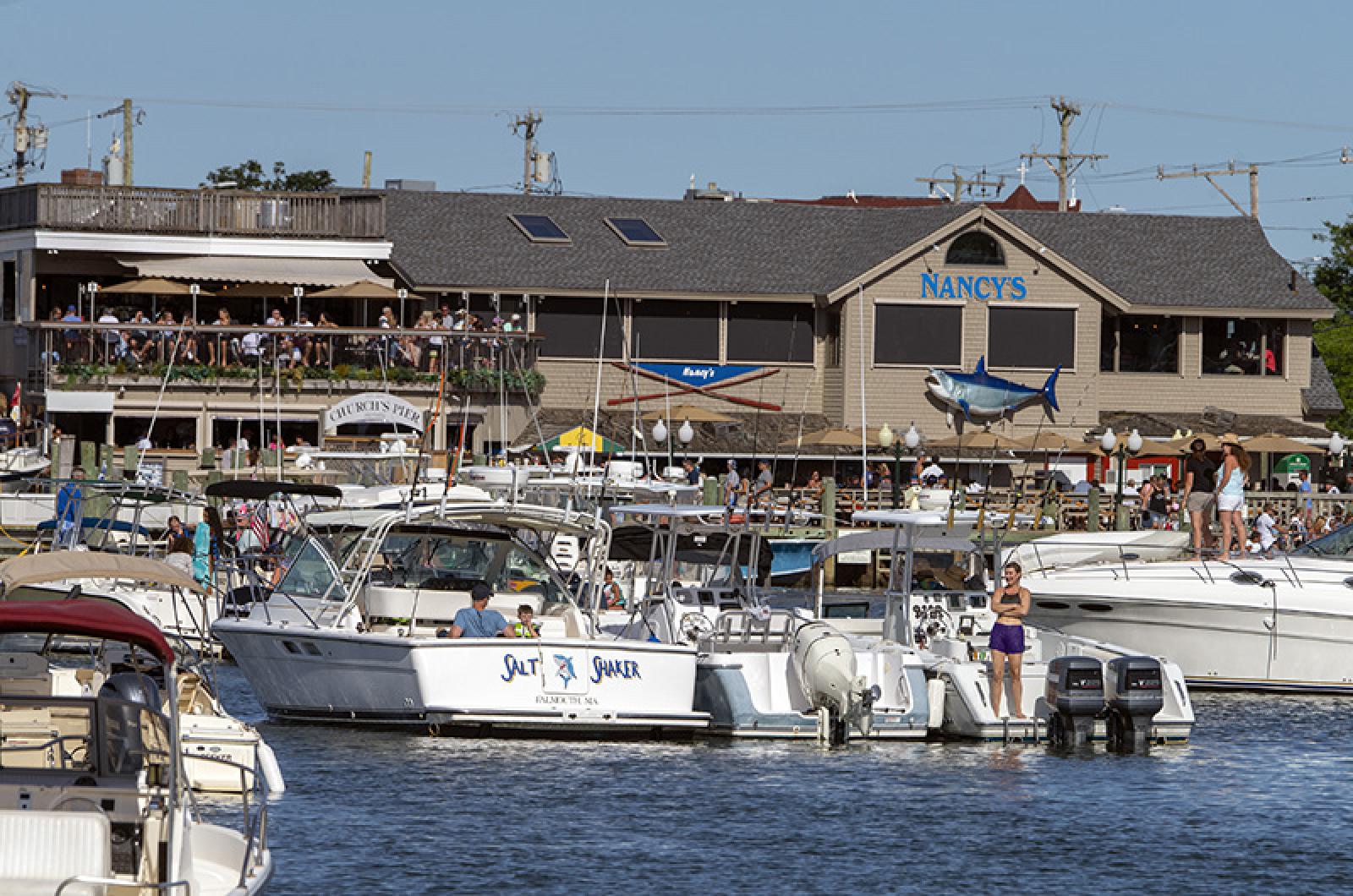In response to pressure from Congress to address the increasing demand for seasonal workers as summer approaches, U.S. Secretary of Homeland Security Kirsten Nielsen has agreed to raise the cap on H2B employee visas by 30,000 for the remainder of the 2019 fiscal year, Congressman Bill Keating said Friday.
The H2B is a non-immigrant temporary worker visa program that brings foreign nationals to the United States for non-agricultural work, generally in seasonal economies like Martha’s Vineyard. Massachusetts, and the Cape and Islands more specifically, is one of the main beneficiaries of the visa program, as the influx of workers allows restaurants, golf courses, ice cream shops, retail stores and more to staff their busy counters when seasonal populations swell by as much as five times their winter totals.
“This is a big deal for the Island because it depends so much on tourism,” Mr. Keating said in a phone interview. “And it’s also good news for people who live on the Island and work in these industries...This affects everyone.”
The newly-available 30,000 visas will be earmarked specifically for returning workers, meaning those who have previously used the visas to work in the United States. Mr. Keating said that the returning worker clause was a key element of the proposal.
“This is what I’ve always said. Using the cap on returning workers is a solution,” Mr. Keating said. “They often go to the same place. People are concerned with those who overstay their visa, but these are people who go home.”
Mr. Keating has long-championed increasing the H2B visa cap on a yearly-basis. He started what is now a 120-member bipartisan congressional coalition that for the past three years has lobbied successfully to give the secretary of homeland security the authority to raise the H2B cap from the annually-allocated 66,000 visas.
“Our work came to fruition,” Mr. Keating said.
When Mr. Keating visited the Island last week, he met with employers who rely on H2B’s. One of their main topics of concern was the lottery-system that allocated the visas, often leaving employers in a logistical bind and dependent upon chance.
“We’ve advocated strongly...let’s not go back to the lottery system,” Mr. Keating said. “We’ll know in a short period of time.”
But in the meantime, Mr. Keating is excited about the 30,000 new visas and hopes it helps employers plan for the difficulties of staffing their summer businesses. Last year, the secretary of state only added 15,000 visas to the original 66,000 , a move that occurred at the end of May rather than the end of March.
“We were lobbying to have this addressed right away and in a much more timely fashion than it was,” Mr. Keating said. “And we wanted the vehicle to be raising the cap on returning workers and we were glad to see this response.”






Comments (7)
Comments
Comment policy »